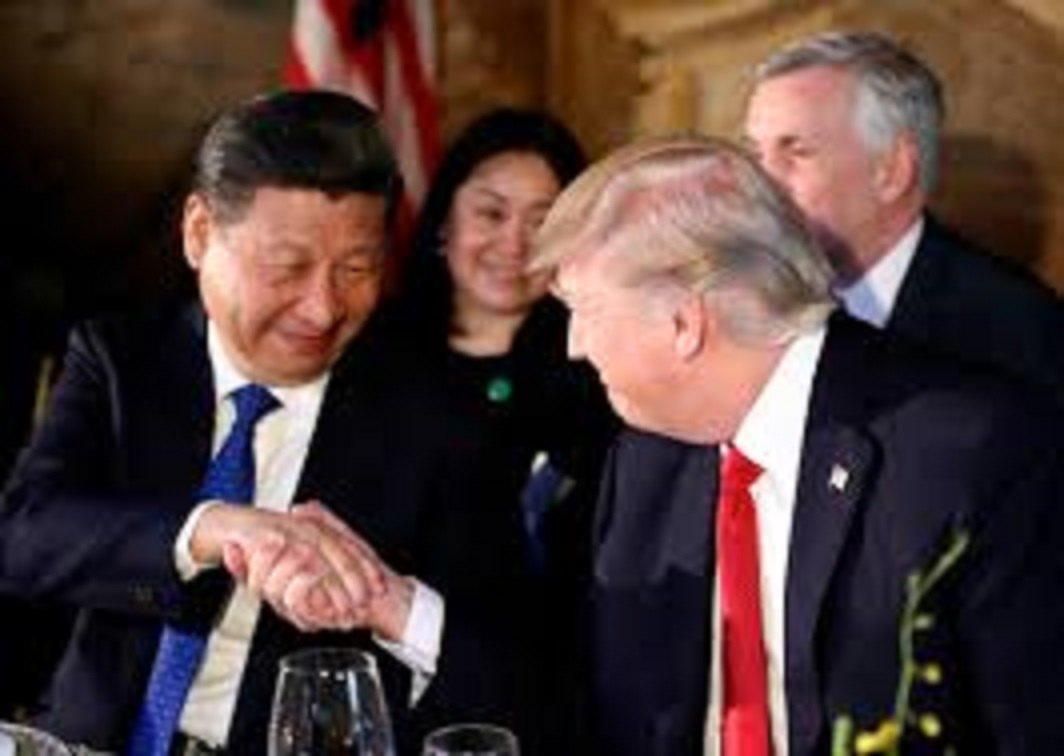A US-China Summit: Priority of the Continuation of Change

Mohsen Shariati Nia
Donald Trump and Xi Jinping met with each other as the Presidents of the US and China in April 2017 and talked about a tremendous progress in the relations of the two countries. This happened where most of the observers talked about possible cold relations between China and the US based on the positions made by Trump.
Since Trump took power in the White House, he has opted for a mild approach vis-à-vis China and has not mentioned that Taiwan issue is negotiable. He has not also accused China of ‘raping’ US with unfair trade policy anymore.
The Chinese party also didn’t found its interests in making tensions with the US and in the radicalization of the relations with this country. China’s reaction against Trump’s radical approach was a restraining one.
Trump’s gradual moderation on the one hand and China’s attempts to establish direct communication channels with him on the other hand resulted soon and the leaders of the two countries met with each other in April in Trump’s resort in Florida. A meeting with important results that in one way or another created a proper atmosphere for reducing tensions between the two countries.
As it is reflected in the separate statements issued by White House and Chinese Ministry of Foreign Affairs, both sides have emphasized on the vital importance of the development of relations and dealing with the differences in the framework of mutual respect.
In the statement published by the White House, the US has stressed on the importance of adhering to international rules and norms in the East and South China Seas and emphasized on the previous statements on non-militarization of that region. The US also noted the challenges caused by Chinese government intervention in the American economy and raised serious concerns about the impact of China’s industrial, agricultural, technology, and cyber policies on United States employment and exports.
The two sides reaffirmed their commitment to a denuclearized Korean peninsula, and committed to fully implement UN Security Council resolutions. China banned all imports of North Korean coal in reaction to the US pressures. It should be noted that the export of coal is one of the most important resources of the North Korea’s income.
Trump informed Chinese President of his country’s missile strikes against Syria as his dinner with the Chinese leader concluded. As the US Minister of Foreign Affairs has said, the reaction of the Chinese President was as follows: ” when some kill young children and babies, this strike is understandable”
The Chinese have defined the red lines of their national interests under “the core of national interests”. Non-external interference in the affairs of Taiwan, Tibet, and Xinjiang lies at the heart of the national interests of this country. Some Chinologists believe that during Xi Jinping’s office, the South China Sea has also been added to these issues but still one cannot talk about this issue firmly.





